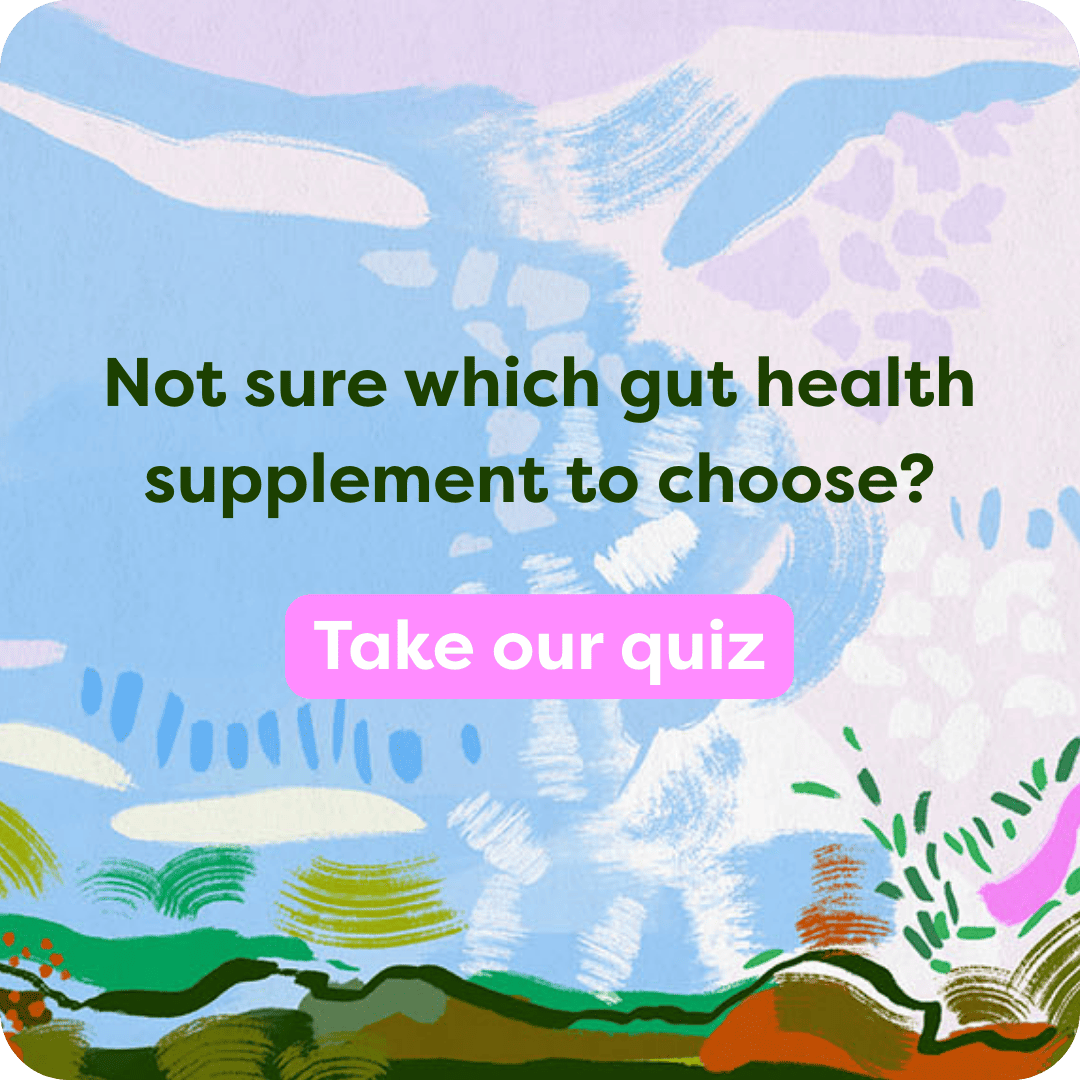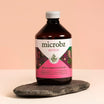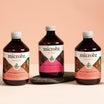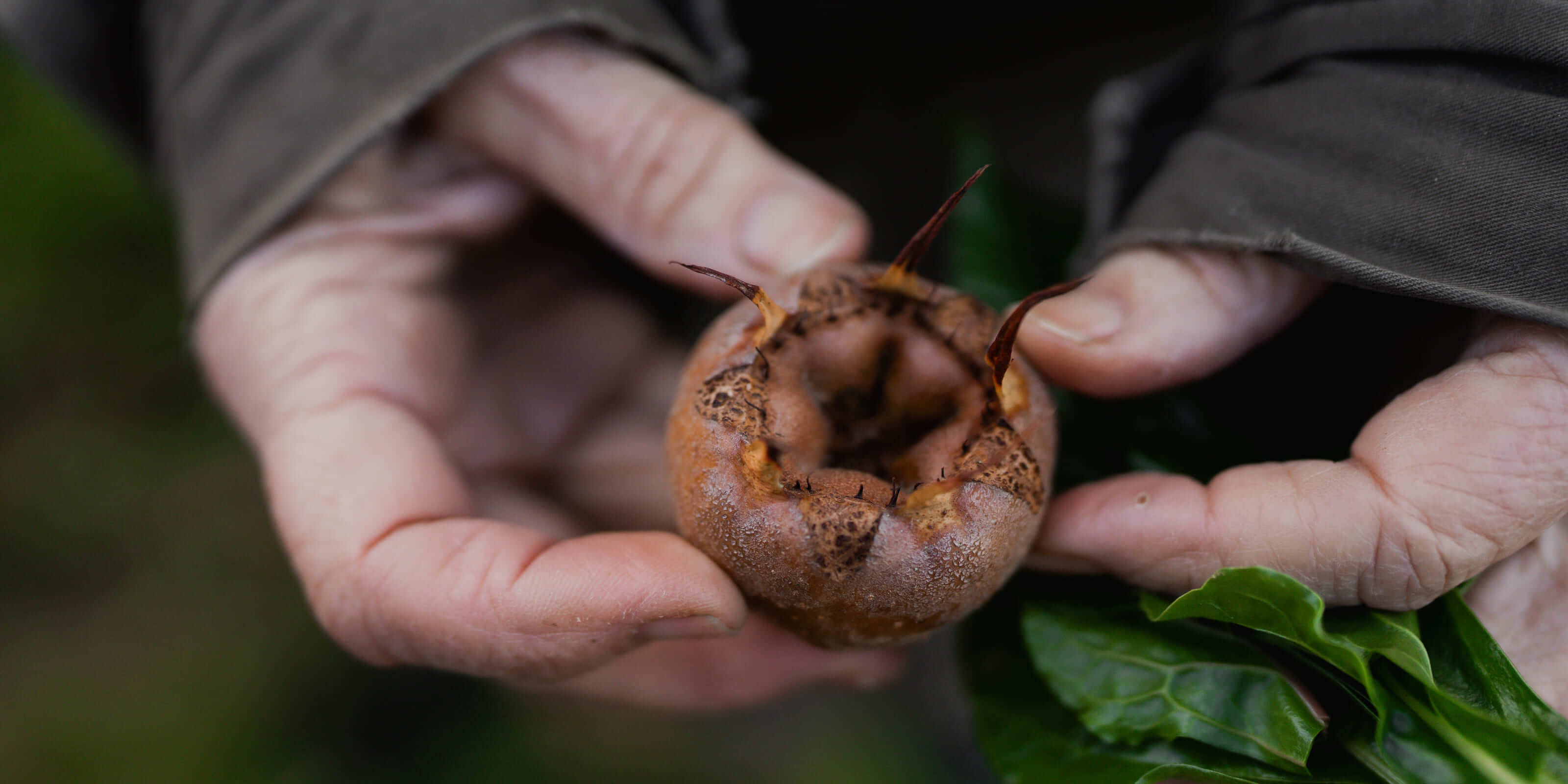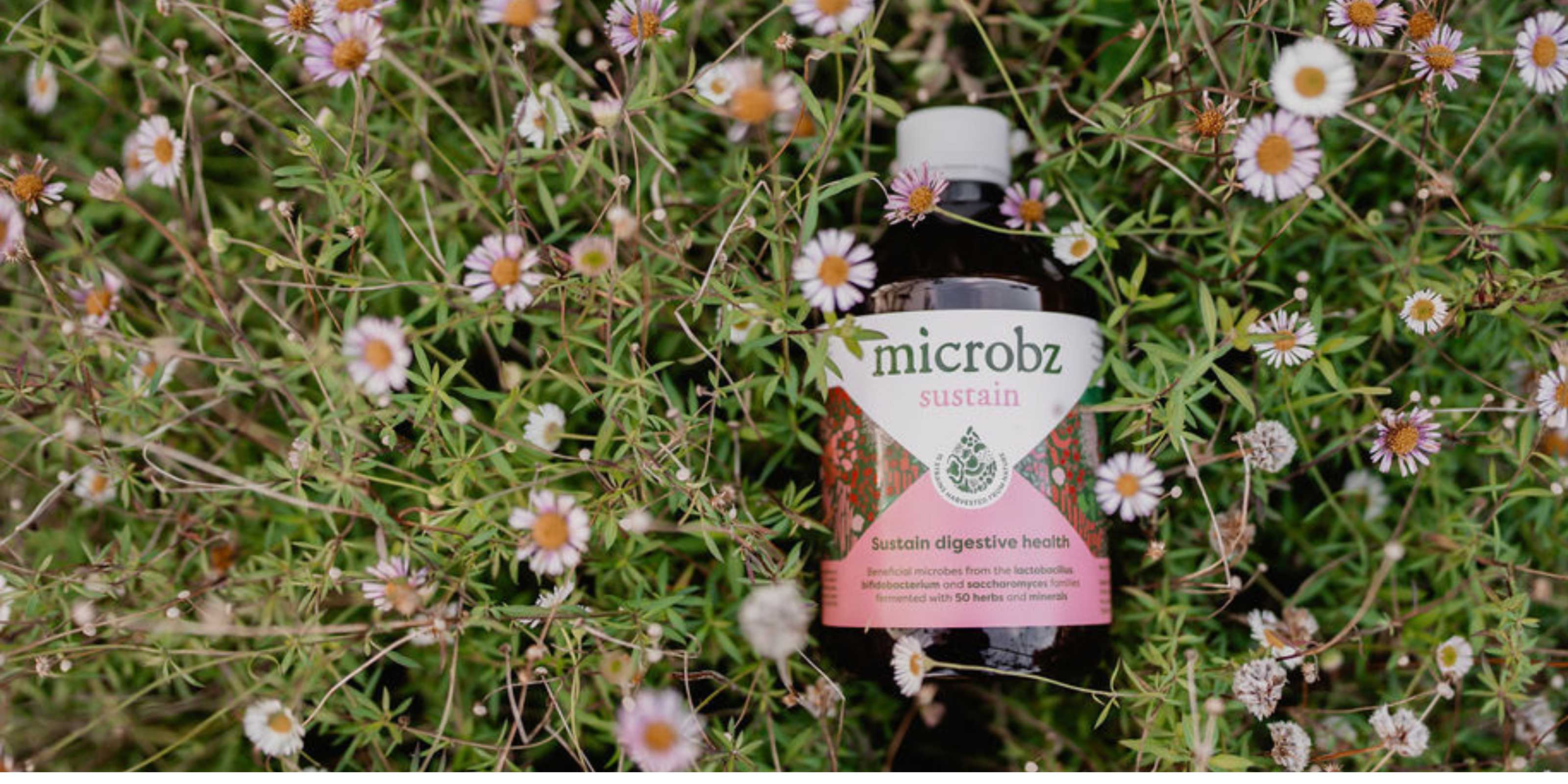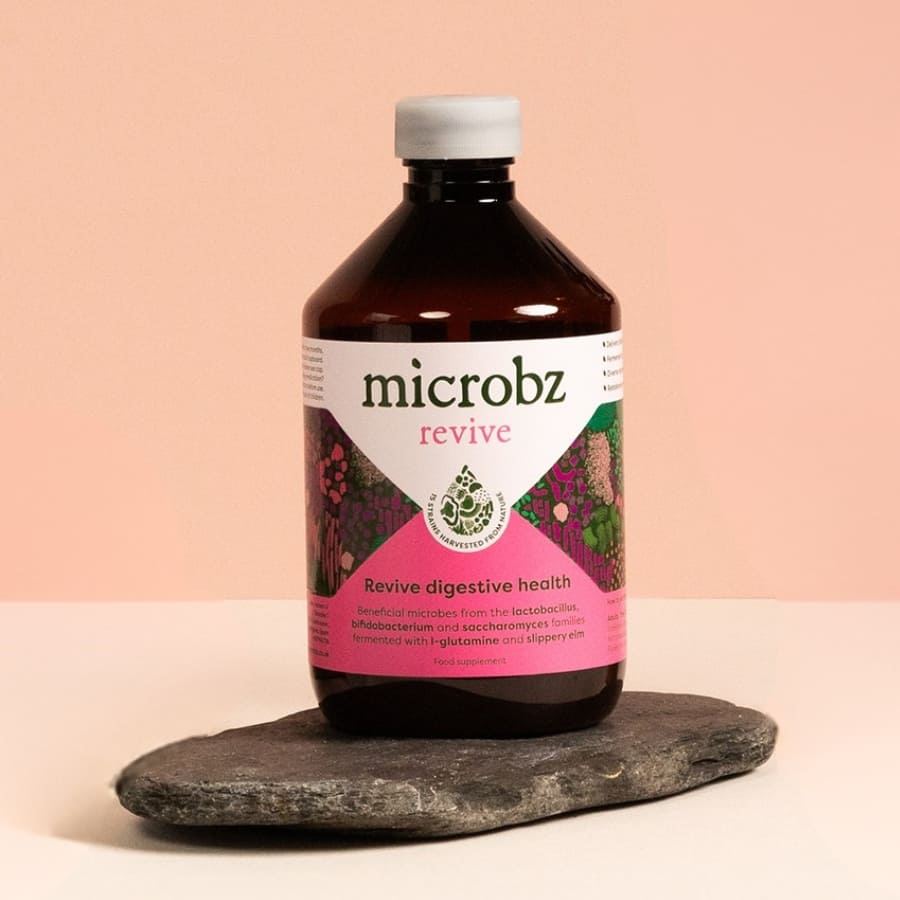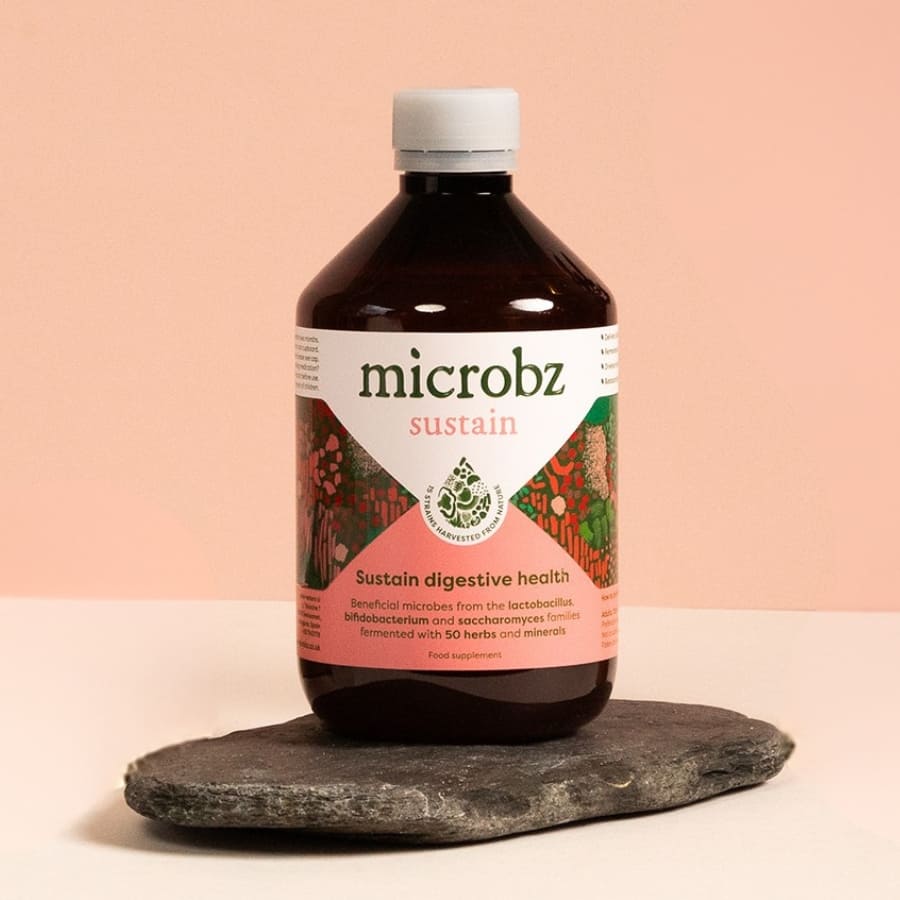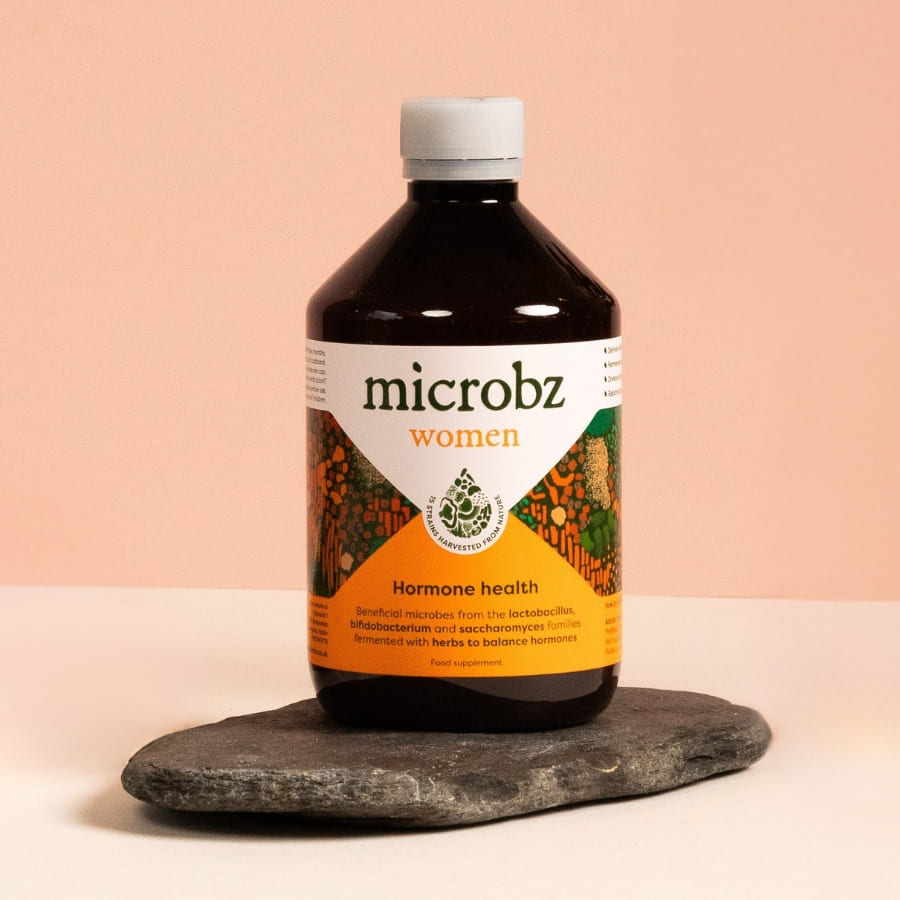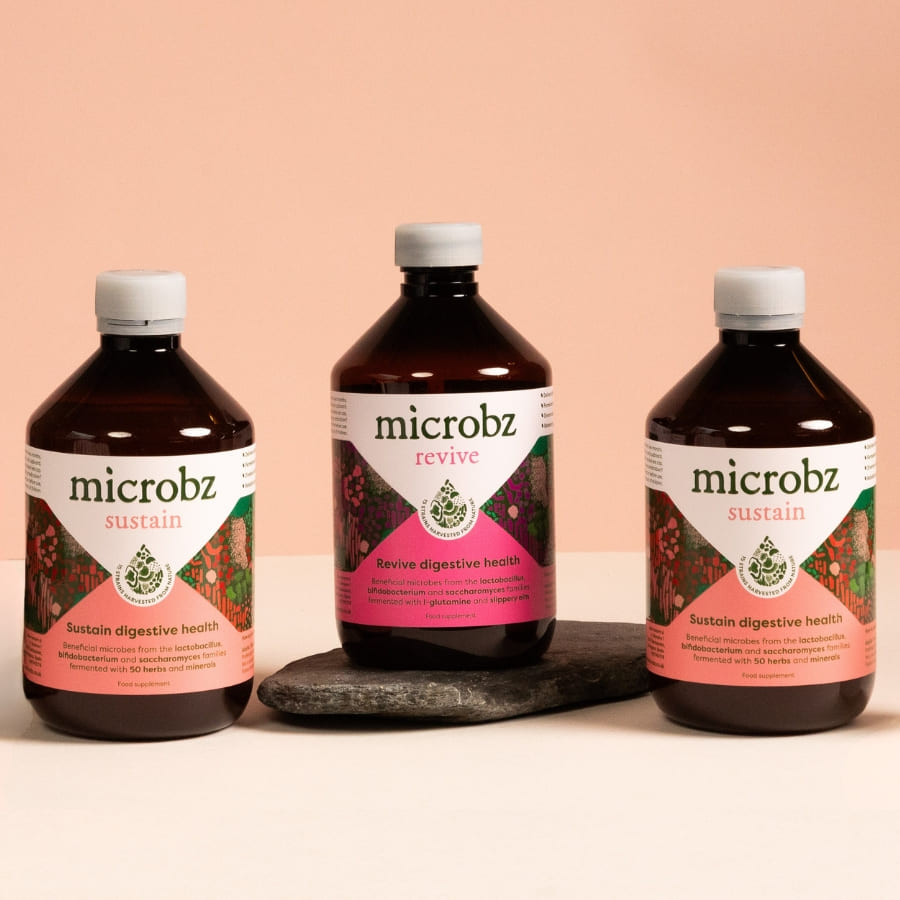Probiotics are the same as bacteria
There are good ones and there are pathogenic ones. The good probiotics in our gut, also known as microbes, far outweigh the pathogenic ones. By trying to kill all the pathogens we've damaged the number and diversity of good microbes.
Healthy people and healthy environments are the result of the restoration and rebalance of good, beneficial microbes.
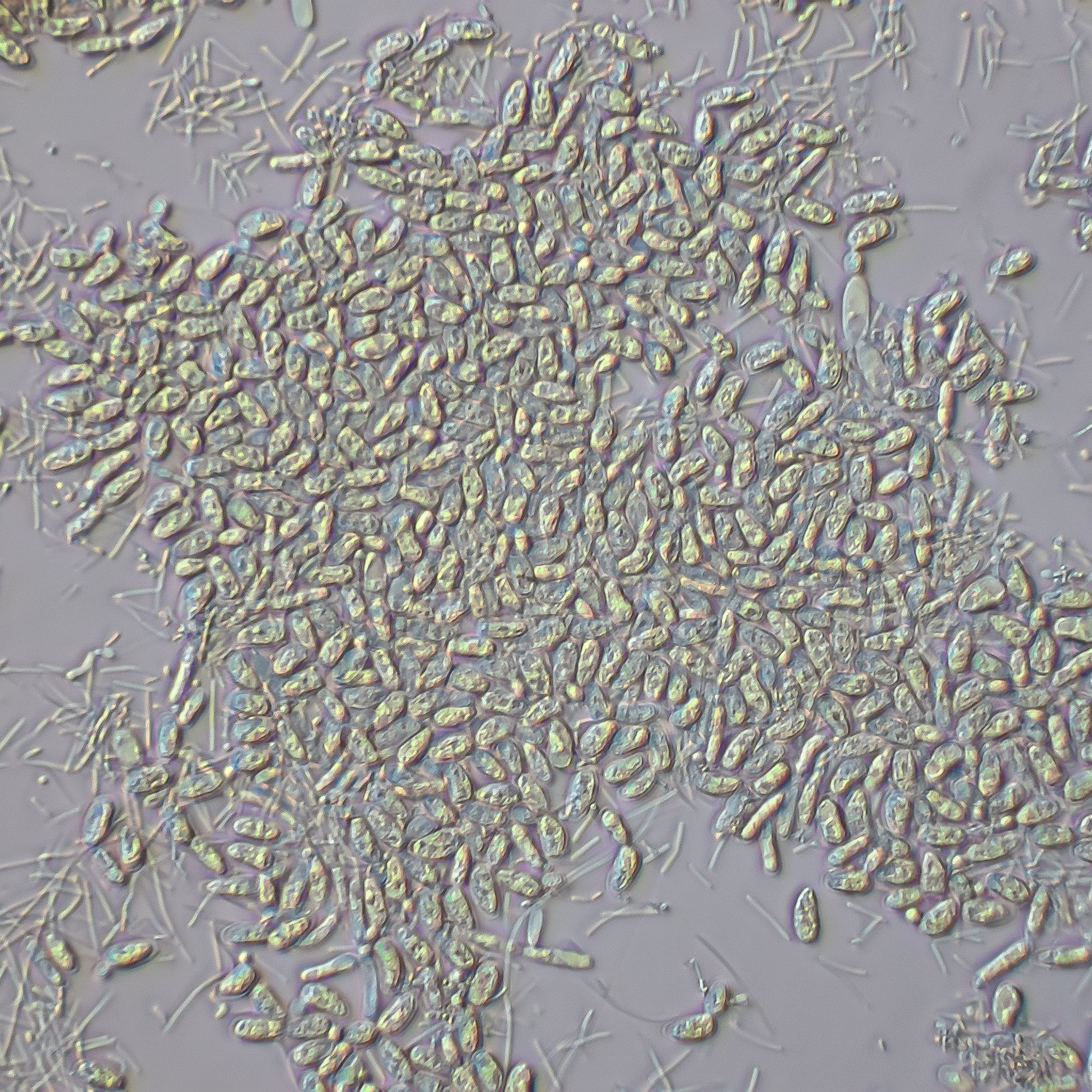
Microbes are living organisms so tiny that millions could fit on a dot
Although they are invisible, they are everywhere and they multiply quickly. They are vital for life on earth and do all sorts of things – from brewing beer to wearing down mountains and helping to make the air we breathe.
Imagine this: together their mass is greater than all the animals in the world.
Microbes give cheese different flavours, wines their complex aromas, and cause bread to rise. We have known that for centuries, but it is only in the last 30 years or so, with new technology, that the true wonder of the microbial world has revealed itself.
And current studies show the vast extent of its power to maintain healthy ecosystems in our gut, in our homes and gardens, and in our pets.
These tiny microbes are the powerhouse of life and evolution. Bacteria decompose dead organisms, waste and plant particles to obtain nutrients, and recycle waste. This decomposition process releases carbon, nitrogen and other chemicals, which are essential for growing new life.
Bacteria have had a bad rap
The concept that they cause disease dominated microbiology – the ‘kills 99% of all germs’ idea fuelled a vast arsenal of chemical products we regularly put on and in ourselves, our homes and our land.
It turns out that our war against microbes has compromised human health and wellbeing. The microbial world consists of mostly beneficial species doing vital jobs in almost every aspect of life on the planet, and we have barely scratched the surface in studying its mysteries, and its benefits.
It's time to change how you think about microbes

They are brilliant at teamwork
Microbes communicate, cooperate and compete, building communities and networking with larger organisms. They evolve faster than any other kind of life, right in our own bodies as well as in the back of the fridge.
There is as much microbial bio-diversity on a tiny leaf of duckweed in a pond as there is in an Amazonian rainforest. This diversity is something we aim to recognise and protect.

They rebalance any unhealthy environment
You could say there are three types of microbes: positive, degenerative, and opportunistic. The opportunistic ones are a bit like floating voters. If the degenerative microbes become dominant, the opportunistic ones will gravitate towards them: we start to feel sick, pathogens grow, and digestion suffers. But if you make sure the positive microbes are dominant, the opportunistic ones will support them, helping to boost resilience and maintain your health and wellbeing.
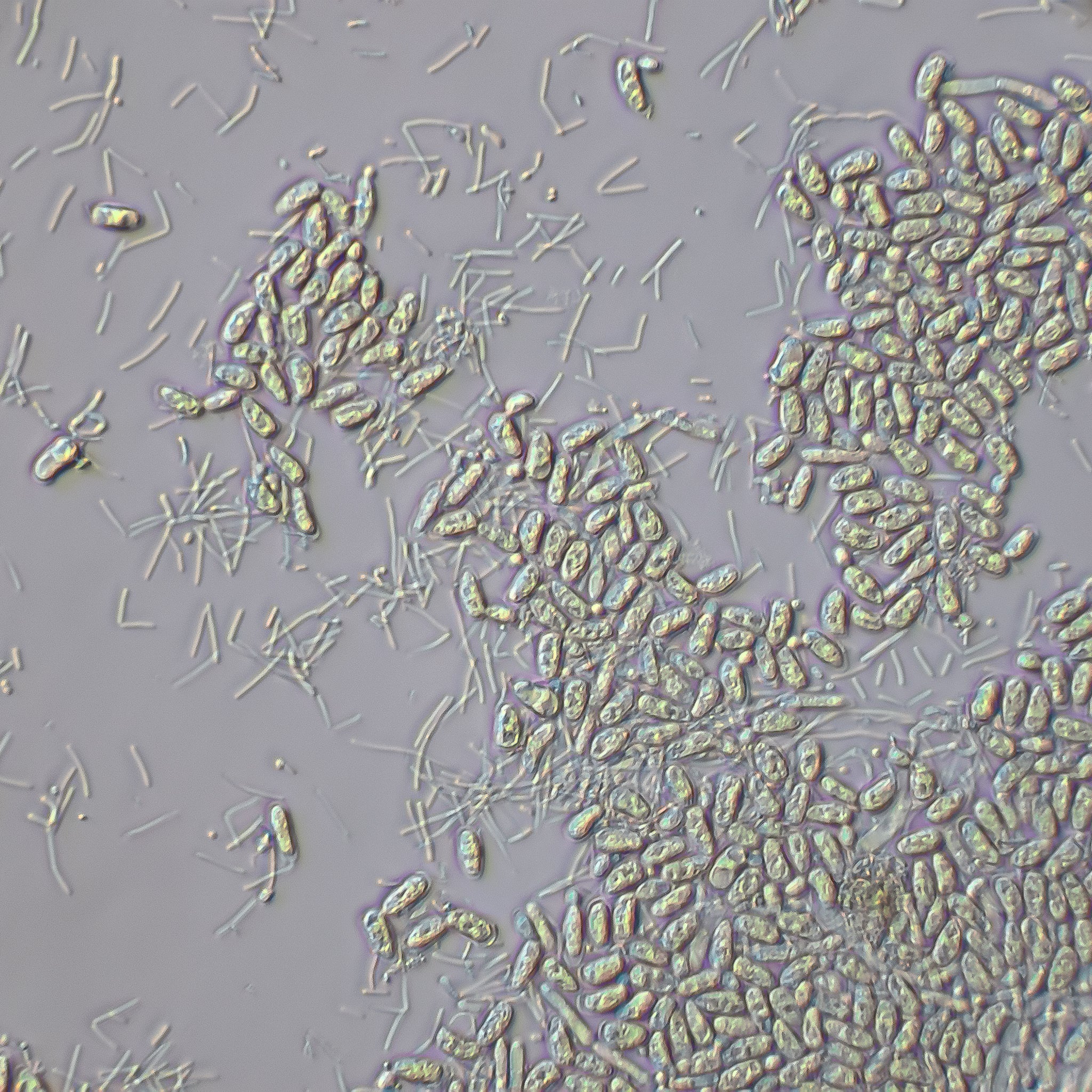
How can microbes help humans?
Studies prove that there are four ways they benefit humans
- they produce substances which increase competition between bacteria and improve diversity
- they help regulate the immune system
- they prevent pathogenic bacteria from multiplying and sticking to the lining of the small and large intestine
- they inhibit bacteria from producing toxins
Systematic reviews of probiotic studies on humans show that there is a positive benefit, on many conditions, by using probiotics.
These include: reducing instances of clostridium and antibiotic-associated diarrhoea, preventing upper respiratory tract infections, prevention of eczema in infants and children, prevention and treatment of Crohn’s disease and ulcerative colitis, type 2 diabetes, reduction of low-density lipoproteins and cholesterol, and help to reduce the symptoms of depression.
There is evidence of potential for probiotic treatment in obesity, insulin resistance, reducing the effects of anti-cancer therapies, dermatitis, GI tract disorders and irritable bowel syndrome. Science predicts that future bio-therapeutic probiotics will contain specific microbial strains along with appropriate prebiotics to make symbiotics that are hugely effective.

